detail profile j c3 b3zef zbir c3 b3g
Peran Yang Di Mainkan Józef Zbiróg
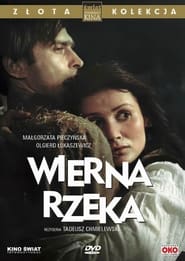 Set during the insurgency of 1863 the...
Set during the insurgency of 1863 the...The Faithful River 1987
Set during the insurgency of 1863, the story focuses on a tragic romance between a poor gentlewoman and a rebel noble. After a bloody battle a unit of insurgents have been wiped out and only one survived, but badly wounded. He eventually finds shelter and care from a landsteward's daughter, hiding in a burned-out manor with an old servant.
 A famous surgeon is beaten by...
A famous surgeon is beaten by...The Quack 1982
A famous surgeon is beaten by drunken bullies, loses his memory and cannot recollect who he was before. He gets to a village, lives in a not so well to do family and becomes the Quack - he slowly regains his talent for medicine and saves the lives of several village patients.
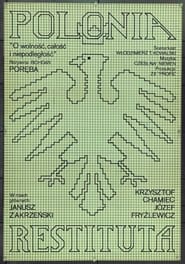 A twopart historical film covering the...
A twopart historical film covering the...Polonia Restituta 1981
A two-part historical film covering the years of the First World War and the post-war period up to 1919 - until the signing of the peace treaty in Versailles near Paris. An attempt to show the great and complicated process of regaining an independent existence by a nation within its own state. The screen shows characters from history textbooks: Józef Piłsudski, Ignacy Paderewski, Roman Dmowski, Wojciech Korfanty as well as representatives of the world political scene, incl. David Lloyd George, Woodrow Wilson, Georges Clemenceau, Vladimir Lenin and others.
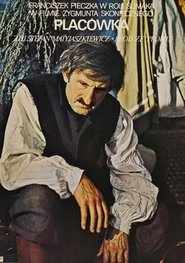 The problem of the Polish population...
The problem of the Polish population...Placówka 1979
The problem of the Polish population displacement from their land within the limits of the Prussian partition. Germans come to the village harassing a wealthy peasant Snail, leading to the tragedy. Slug's cottage burns, his wife dies. The peasant does not give up, defending his inheritance. He sticks on a patch of his Polish soil and protects it like a soldier his post.
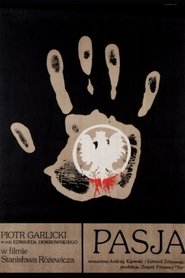 The last days in the life...
The last days in the life...Passion 1978
The last days in the life of Edward Dembowski (1822-1846), the organizer of the Cracow Uprising in 1846. The informal leader of the uprising, determined to fight for the unification of Polish lands and the liberation of the peasants, negotiates with other politicians.
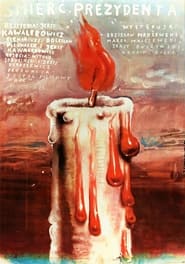 After Poland won freedom from of...
After Poland won freedom from of...Death of a President 1977
After Poland won freedom from of its long overlordship by Russia and the Austro-Hungarian Empire in 1918, it took a further four years for its National Assembly to elect Gabriel Narutowicz as its first president. Narutowicz was a professor who until his election had been living in Switzerland. Those were chaotic times, and shortly after his election, he was assassinated by right-wing fanatics. This epic Polish film chronicles the circumstances of Narutowicz's election and assassination.
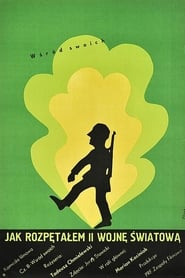 Disguised as an Italian medic Dolas...
Disguised as an Italian medic Dolas...How I Unleashed World War II, Part III: Among Friends 1970
Disguised as an Italian medic, Dolas finds himself on a ship evacuating wounded Axis soldiers to Italy. He leaves the ship disguised as a Nazi soldier, but is found out, declared a deserter and sent to the Eastern Front. However, on the flight to Russia, he is able to escape with a parachute, and finds himself back in Poland, now occupied by Nazis.
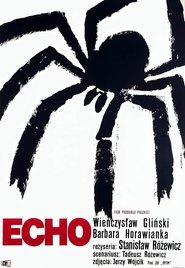 It seems that nothing can ruin...
It seems that nothing can ruin...Echo 1964
It seems that nothing can ruin Henryk’s (Wieńczysław Gliński) happy life. He’s a respected lawyer with a loving son and wife. One day, he receives a letter from the prosecutor’s office. He’s accused of collaborating with the Gestapo. It’s an echo of his past under occupation.
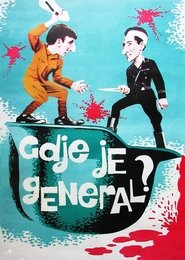 Wacaw Orzeszko is unlucky soldier who...
Wacaw Orzeszko is unlucky soldier who...Where is the General? 1964
Wacław Orzeszko is unlucky soldier, who one day decides to desert his platoon and hide out in a castle, where he meets a Red Army soldier Marusia. They discover that a German platoon is also hiding in a castle and together they must stop the Nazi soldiers from reuniting with the main army.
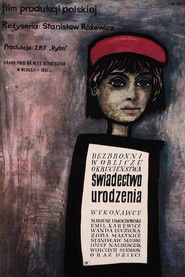 Three separate stories depicting the tense...
Three separate stories depicting the tense...Birth Certificate 1961
Three separate stories depicting the tense everyday life during occupation, as seen through the eyes of children. In “On the Road,” the two main protagonists are lost in the September’s strife: a young boy, and a soldier transporting the valueless documents of his broken unit. In “Letter from the Concentration Camp” the story’s protagonists are young boys who help their mother during the hardships of the occupation. Their treasure is an officer uniform belonging their father who is being held in a prisoner of war camp. In “Blood Drop,” the Germans find a set of typical Aryan characteristics in this story’s protagonist – a Jewish girl, hiding in an orphanage.
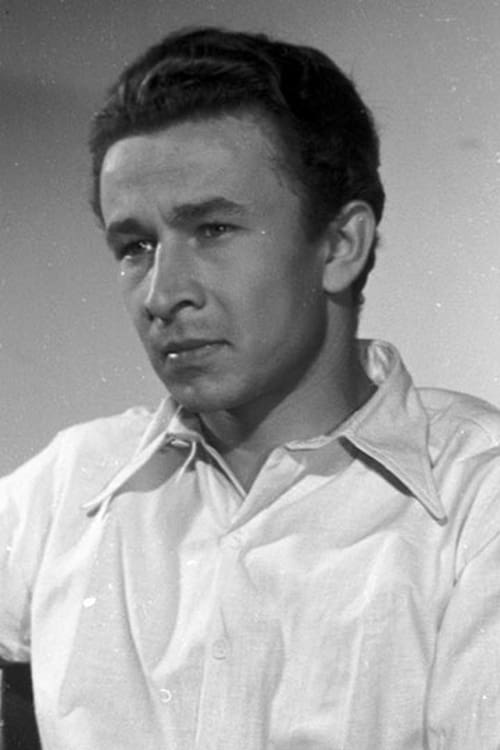
 As a Hollywood actress begins to...
As a Hollywood actress begins to...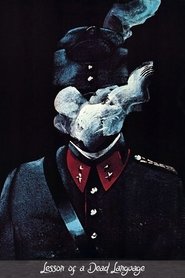 An officer stationed in a remote...
An officer stationed in a remote...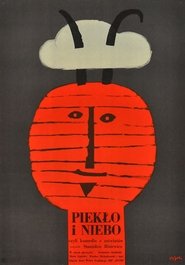 A bus crashes and its passengers...
A bus crashes and its passengers...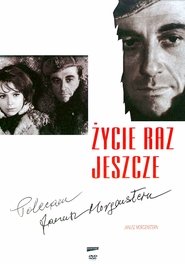 Three idealists a communist secretary a...
Three idealists a communist secretary a...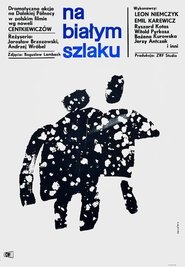 Polish and German soldiers stuck in...
Polish and German soldiers stuck in...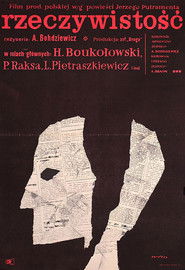 The 1937 trial of communist journalists working...
The 1937 trial of communist journalists working...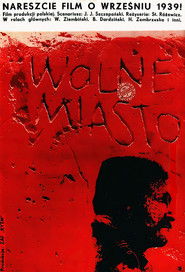 The heroic struggle of Polish post...
The heroic struggle of Polish post...